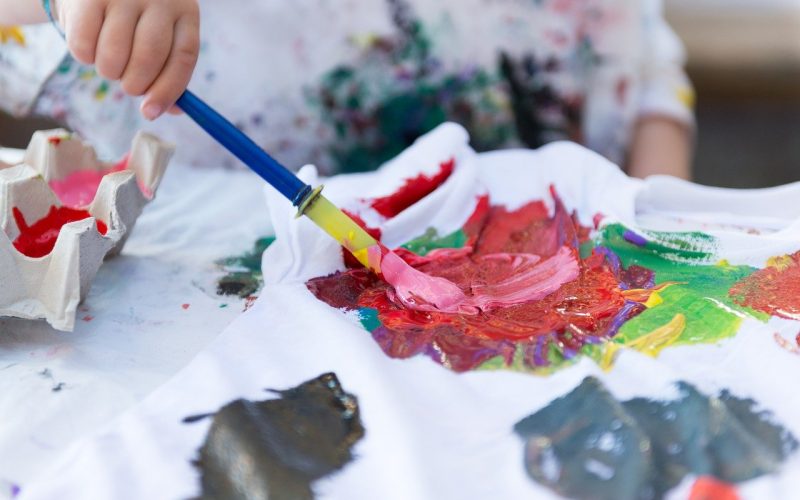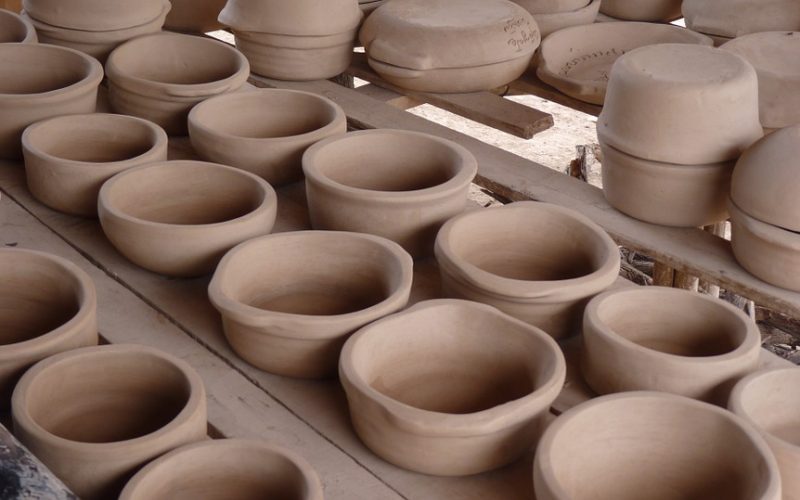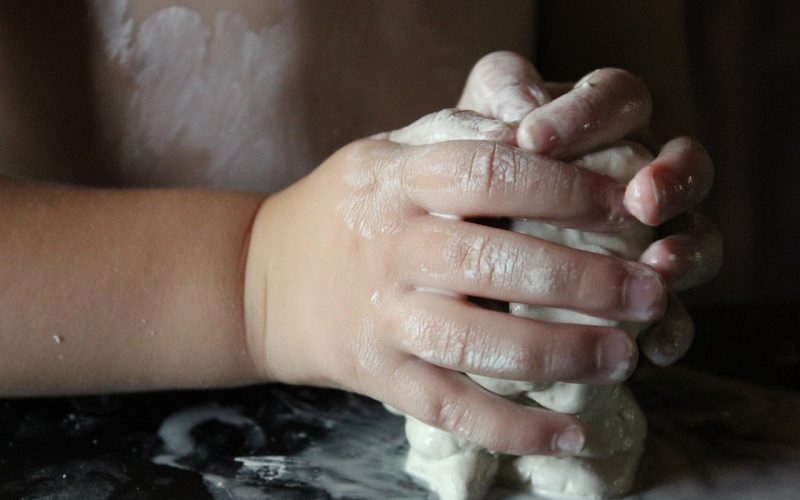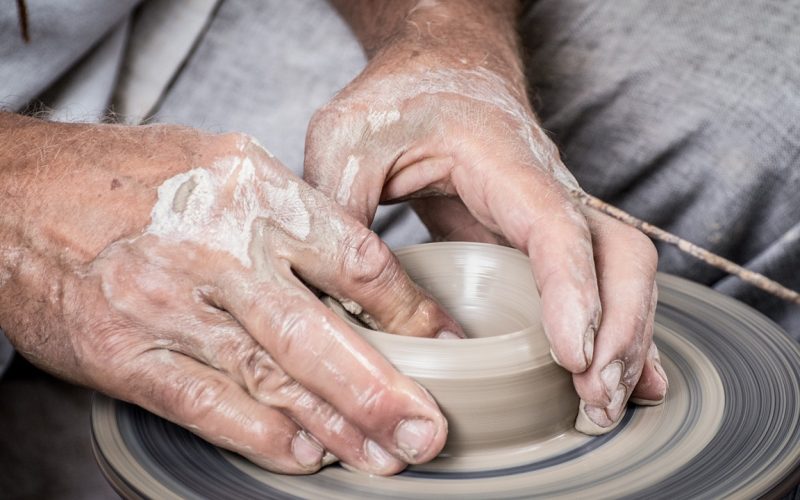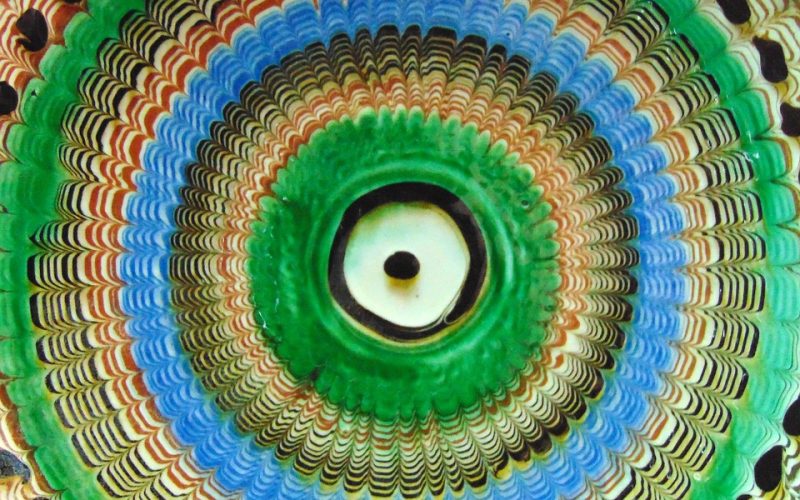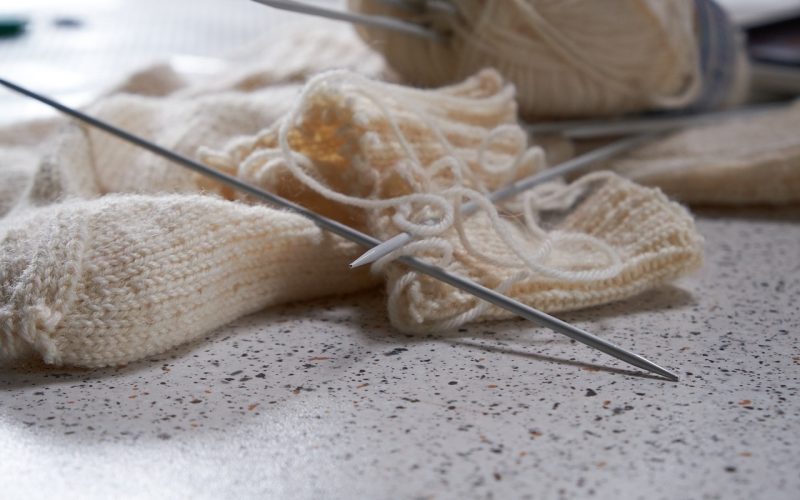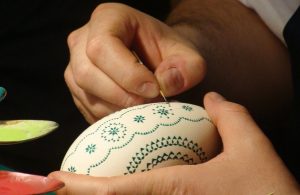Teaching Art To Young People
Art has been an integral part of human culture for centuries, serving as a means of expression, communication, and understanding. In today's rapidly changing world, the importance of teaching art to young people has never been greater. Not only does art education promote creativity and critical thinking, but it also provides numerous benefits that are essential for personal and academic development.
Fostering creativity and imagination
One of the primary benefits of art education is the ability to foster creativity and imagination in young people. In a world where standardised testing and rigid curriculums dominate, art offers a much-needed outlet for self-expression and innovation. Through art, students are encouraged to think outside the box and explore new ideas, which can lead to unique solutions to problems both in and out of the classroom. This creative thinking is not only beneficial for personal growth but is also highly valued in the workplace, where the ability to adapt and innovate is crucial for success.
Enhancing cognitive and motor skills
Art education also plays a significant role in enhancing cognitive and motor skills for young people. Engaging in artistic activities such as drawing, painting, and sculpting requires the use of various tools and materials, which helps develop fine motor skills. Additionally, art encourages the development of critical thinking and problem-solving abilities, as students learn to analyse and interpret their work and the work of others. These cognitive and motor skills are essential for overall development and can contribute to improved performance in other academic subjects.
Building emotional intelligence
In addition to cognitive and motor skill development, art education helps young people build emotional intelligence. Through the process of creating and reflecting on art, students can explore their emotions and better understand themselves and others. This self-awareness and empathy are crucial components of emotional intelligence, which is increasingly recognised as an essential factor in personal and professional success. By fostering emotional intelligence through art education, young people are better equipped to navigate the complexities of modern life and build meaningful relationships with others.
Promoting cultural awareness and appreciation
Art education also promotes cultural awareness and appreciation among young people. By exposing students to diverse artistic styles, traditions, and perspectives, art education fosters an understanding and appreciation of different cultures and worldviews. This cultural awareness is essential for promoting tolerance and acceptance in an increasingly globalised world. Furthermore, exposure to various forms of art can inspire students to explore their own cultural heritage and identity, fostering a sense of pride and belonging.
Encouraging self-discipline and perseverance
Another important benefit of art education is its ability to encourage self-discipline and perseverance. The process of creating art often involves trial and error, requiring students to develop patience and resilience in the face of challenges and setbacks. By learning to persevere and refine their skills over time, young people develop a strong work ethic and a sense of accomplishment. These qualities are invaluable in both personal and professional contexts, helping individuals achieve their goals and overcome obstacles.
Strengthening social and communication skills
Finally, art education strengthens social and communication skills in young people. Collaborative projects and group critiques provide opportunities for students to work together, share ideas, and offer constructive feedback. This interaction helps develop effective communication skills and teaches students the importance of teamwork and cooperation. Furthermore, discussing and interpreting art encourages students to articulate their thoughts and feelings, enhancing their ability to communicate effectively in various situations.
Teaching art to young people is of paramount importance, as it provides a wealth of benefits that contribute to their overall development. From fostering creativity and imagination to building emotional intelligence and cultural awareness, art education equips young people with the skills and qualities necessary for success in today's world. By prioritising art education, we can help shape well-rounded individuals who are prepared to thrive in an increasingly complex and interconnected society.
